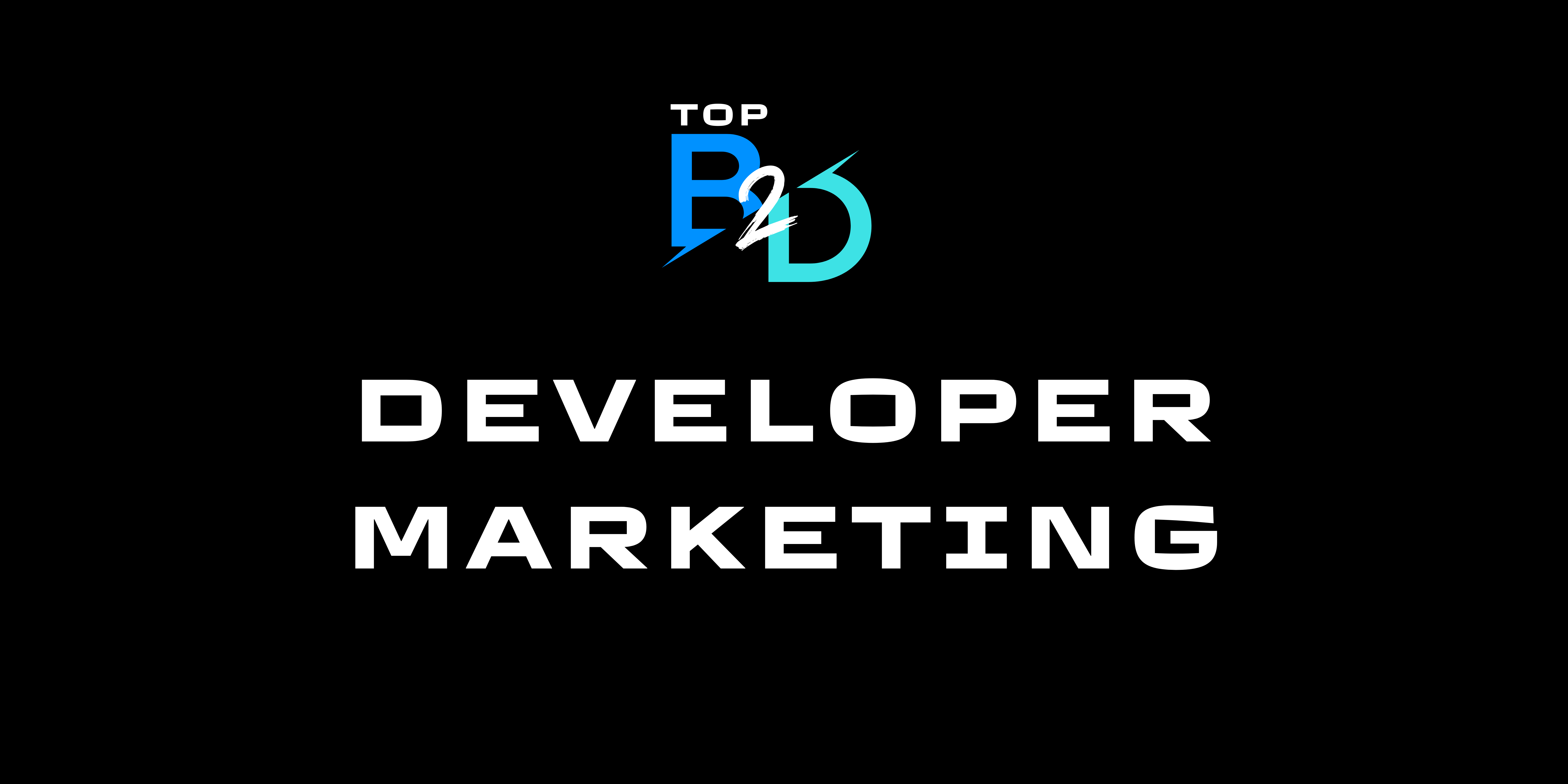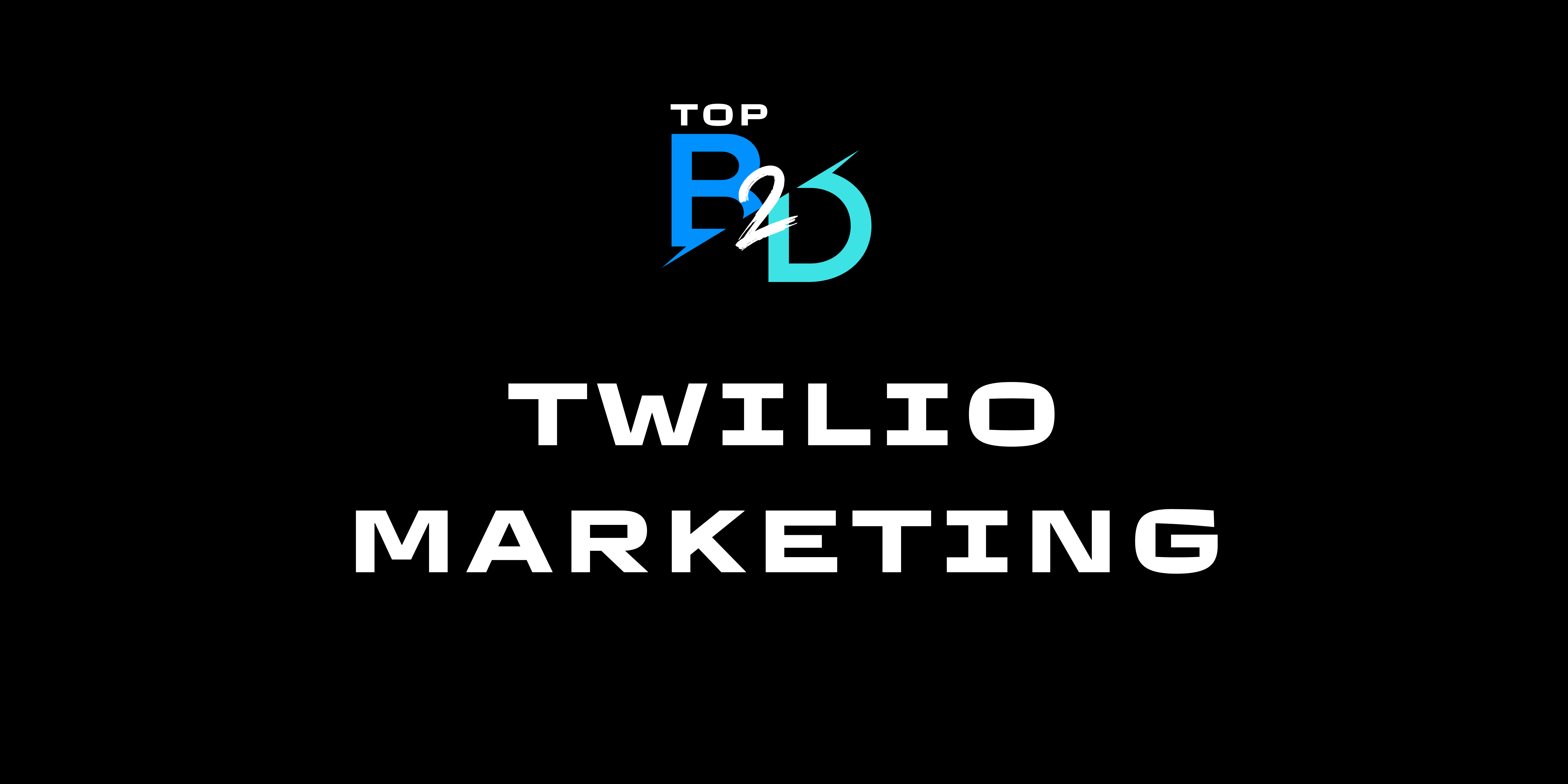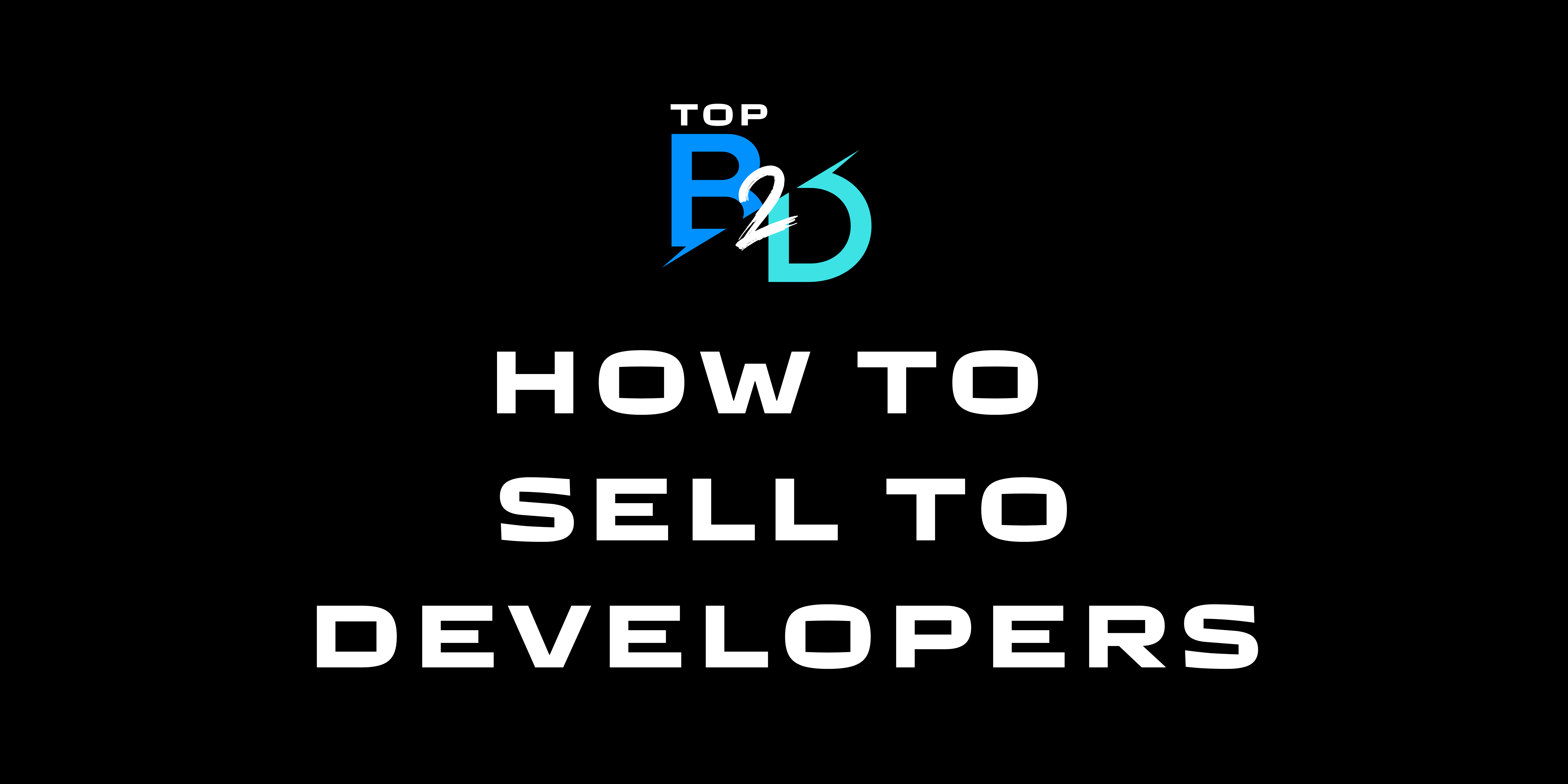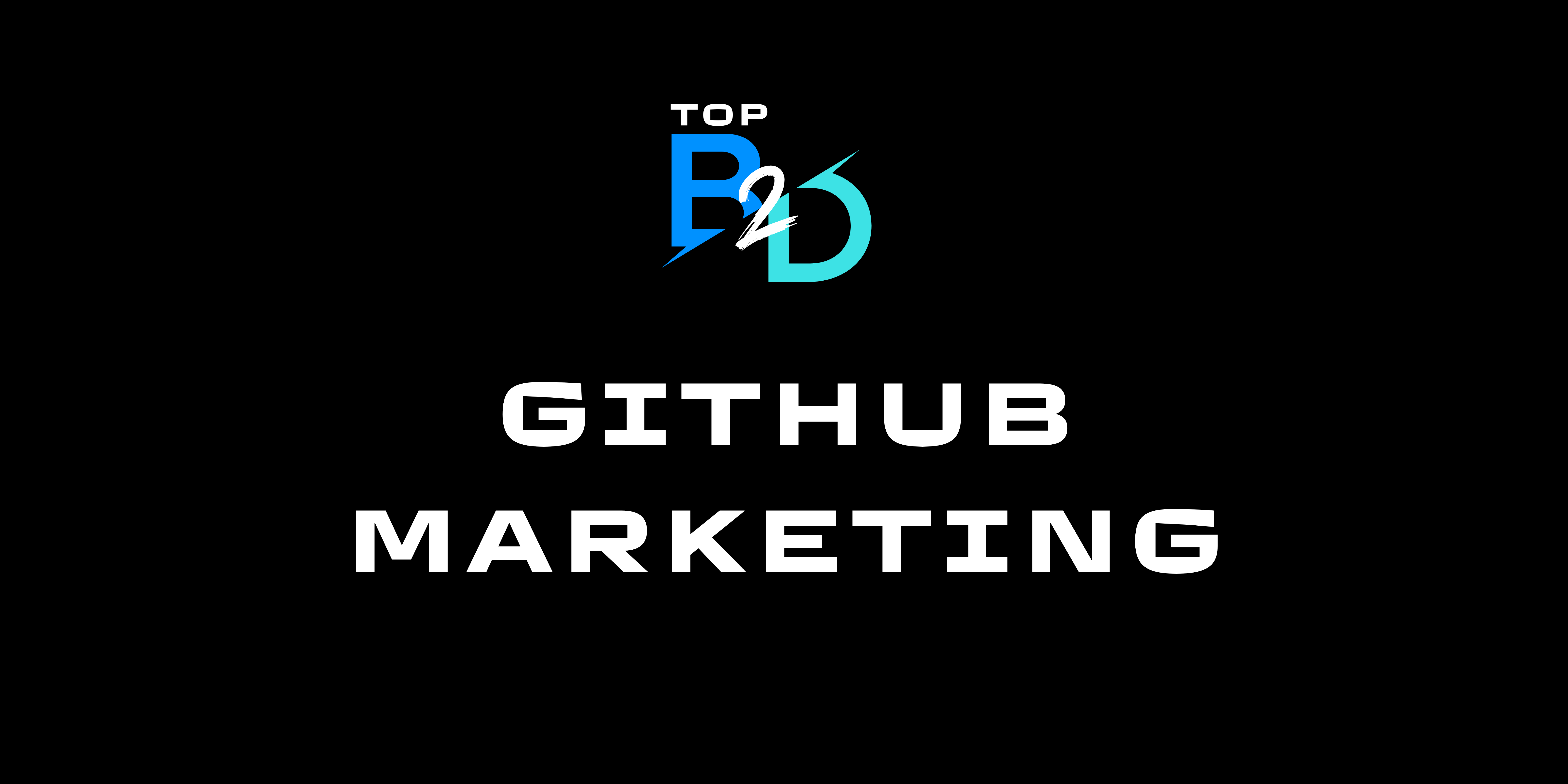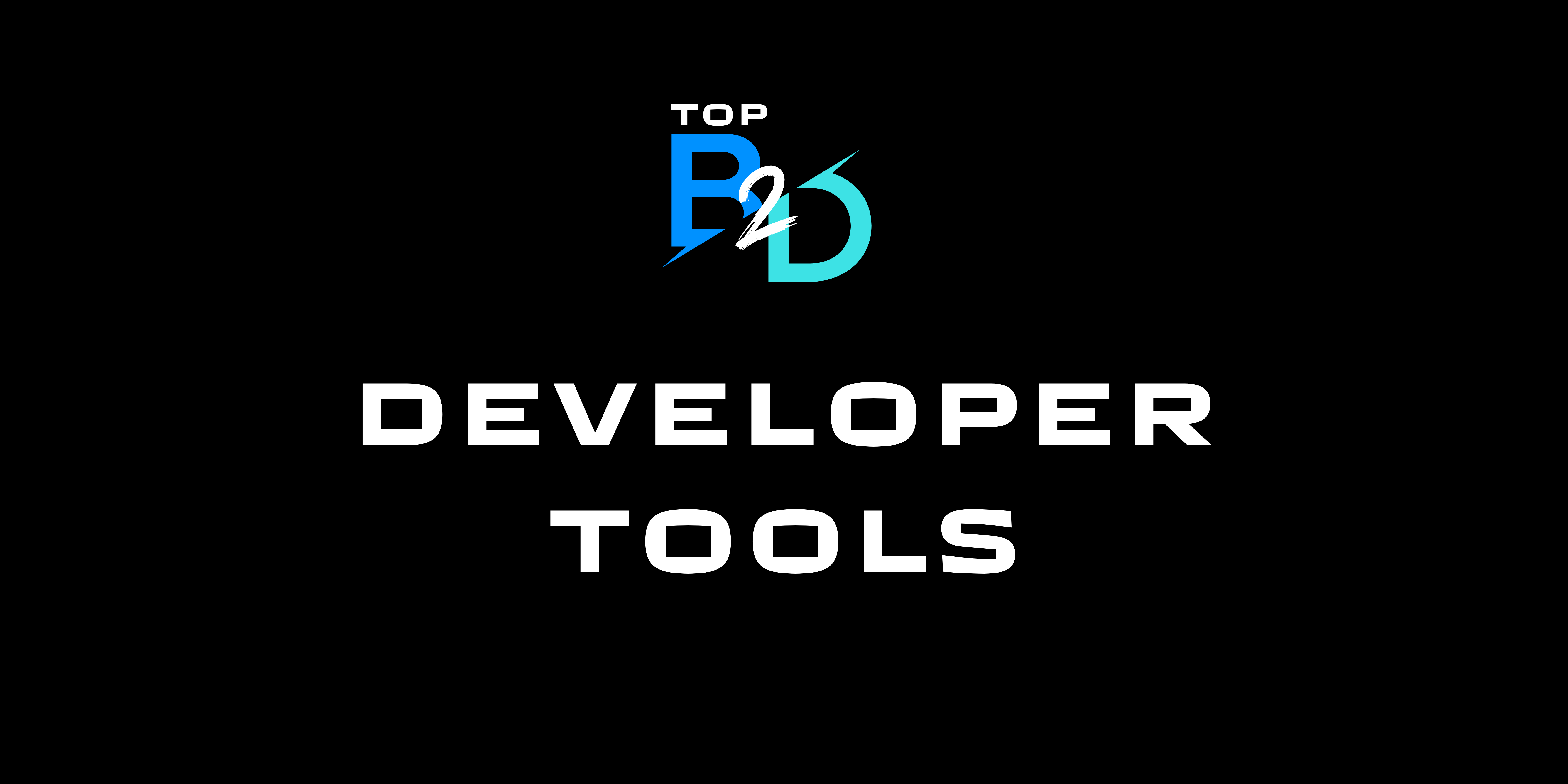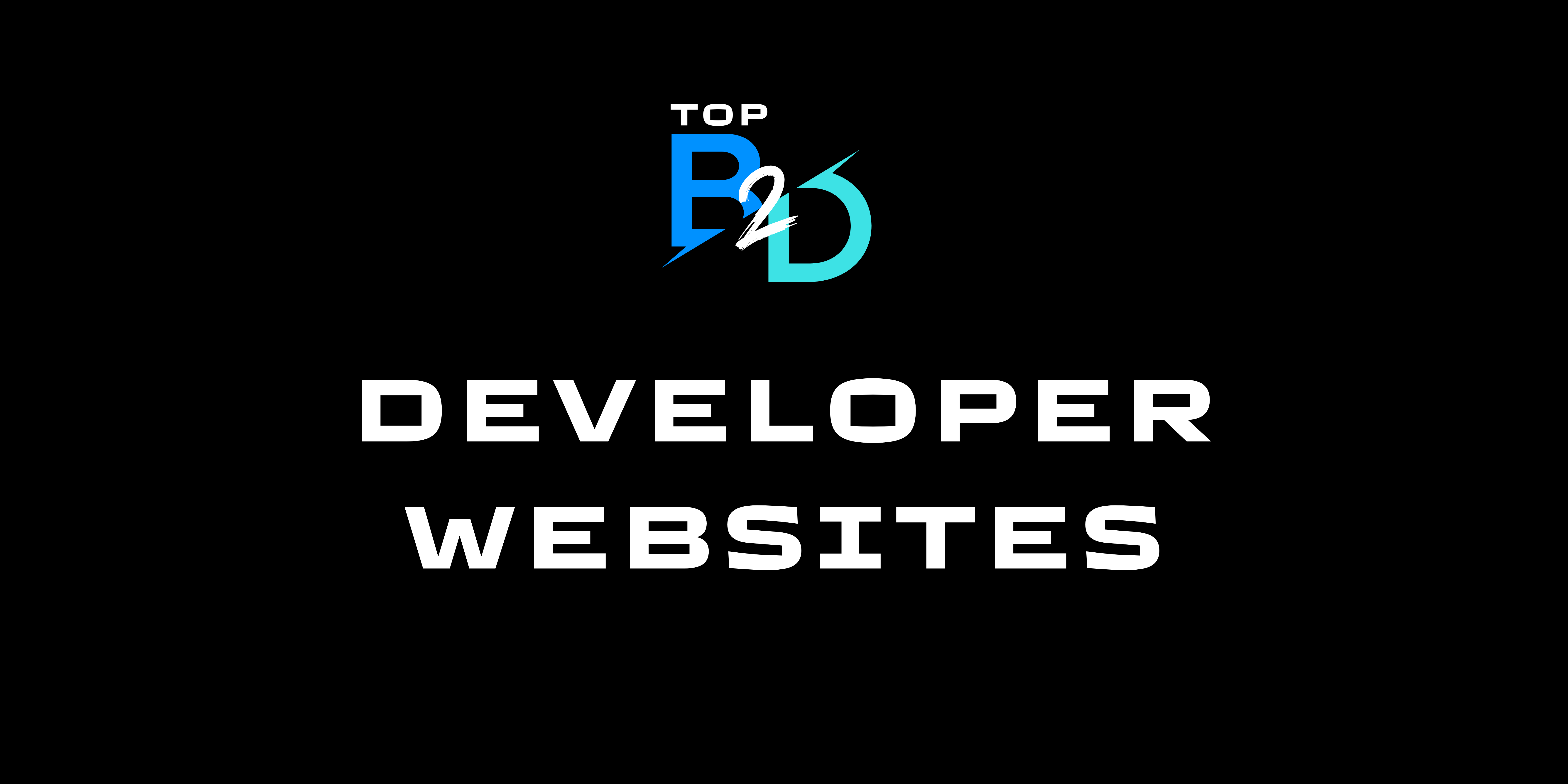Understanding the Concept of Developer Marketing
In the realm of contemporary marketing, Developer Marketing is an emerging trend that seeks to define a unique niche. It specifically targets software developers and IT professionals, acknowledging the substantial influence they yield in today’s technology-driven world. Unlike traditional marketing techniques, developer marketing necessitates a profound understanding of the developer mindset and interests.
What Constitutes Developer Marketing?
Primarily, Developer Marketing focuses on nurturing and establishing relationships within the programmer community. It does not merely aim to sell products, but rather fosters a symbiotic relationship where developers contribute to product modifications, enhancements and even direction. This engagement is fostered through resources and opportunities like technical content, coding challenges, hackathons, programs for developer recognition, etc. In essence, developer marketing is about building a supportive ecosystem that fuels innovative ideation.
The Importance of Developer Marketing
In the current landscape where technology is rapidly advancing, developers maintain a significant impact in tech product decisions. Their support can directly accelerate product awareness, innovation and business growth. Developer Marketing, therefore, becomes critical by actively integrating the perspectives of these key influencers.
Strategies for Effective Developer Marketing
Accessibility and engagement define effective developer marketing. Be it through open-source contributions, interactive APIs, or constantly updated documentation, businesses need to establish open channels of communication. Moreover, appealing to a developer’s intellectual curiosity through tutorials, webinars, and engaging content is essential in crafting impactful developer marketing strategies.
Implementing Developer Marketing Strategies
The Need for Effective Developer Marketing in Today’s Tech Driven World
In the rapidly evolving digital landscape, the need for effective developer marketing has never been more pronounced. Those in the technology industry need to understand this paramount shift and adapt their strategies accordingly. As technologies are developing at an astonishing pace, developers play a key role in shaping the online environment and influencing tech-driven trends. Therefore, harnessing their skills through targeted marketing strategies is crucial for any business seeking to thrive in today’s tech-driven world.
Why Developer Marketing is Crucial
Developer marketing speaks directly to this crucial niche, influencing their choices and driving their loyalties. Developers are not just end-users. They are brand ambassadors, potential partners, and often hold the keys to business differentiation in a competitive marketplace. They require specialized tactics to be effectively reached, making targeted developer marketing an increasingly critical component of modern business strategies.
The Shift Towards Developer-Centric Businesses
In recent years, there has been a significant shift towards more developer-centric business models. These models prioritize the needs and interests of developers , building products around their requirements and preferences. Developer marketing complements these models, by providing a unique channel of communication with this essential stakeholder group. Thus, effective developer marketing can greatly enhance the visibility, adoption, and long-term success of your tech products.
The Approaches to Developer Marketing
Developer marketing approaches differ widely, but some of the most effective share a few common characteristics. They are tailored specifically to the developer’s needs, offer full transparency, and provide tangible value. A dynamic blend of these elements can help in gaining developer’s trust and fostering their commitment towards your product or service.
Exploring the Core Principles of Developer Marketing
In the rapidly evolving tech world, developer marketing has gained significant momentum. It encompasses a unique strategy that involves reaching out to developers, engaging with them, and fostering a valuable relationship. This form of marketing places a critical focus on quality content, community building, and promoting user-generated contributions.
Understanding the Developers Audience
One of the core principles of developer marketing is to truly understand your developer audience. The developer community is highly diverse and does not respond to traditional marketing methods. Therefore, it is important to speak their language and appreciate their often intense passion for the technologies they are using. This can be achieved by sharing relevant technical content, offering solutions to their coding problems, and showcasing the benefits of your product or service in their workflows.
Building Trust
Another essential principle of developer marketing is building trust. Developers are unlikely to use a product or be influenced by a brand unless they trust its value. Building trust could be as basic as maintaining regular communication, listening to their feedback and problem areas, and implementing improvements based on their recommendations. Offering exemplary customer service is one surefire way of earning that trust.
Leveraging Peer Influence
The final principle we will look at is peer influence. Within the developer community, there is a strong trust in peer recommendations. Developers rely heavily on open source contributions and colleague recommendations to find the right tools or technologies they need. As a brand, explicitly encouraging your users to share their experiences and success stories can serve as an excellent marketing strategy.
The Key Elements of Successful Developer Marketing Campaign
How to Implement a Successful Developer Marketing Strategy
Implementing a successful developer marketing strategy involves a delicate combination of focusing on product, people, and promotion. The digital marketplace is saturated with diverse products, making the need for proper understanding and execution of these strategies crucial. A well-rounded and targeted campaign can ultimately save time, reduce costs and increase user acquisition.
Product plays a pivotal role in your developer marketing strategy. Understanding your product in terms of its unique features, benefits and competitive edge can help in conveying the value proposition to your potential user base. Keep in mind the problems your product solves and how it makes your users’ lives easier. This will allow you to position your product effectively in the market.
People and Promotion
People are the next crucial component. Understand who your target audience is, their needs, what motivates them, and where they spend their time online. Developing buyer personas can be incredibly beneficial in shaping your marketing strategies. This will help customize your messaging that speaks directly to your audience and resonates with them on a personal level.
Finally, Promotion. This involves deciding on the most effective channels to reach your potential users. Factors such as the nature of your product, target audience behavior, and budget affect the choice of channels. Email marketing, social media, content marketing, and SEO are just a few examples. Remember, your promotional efforts should not only focus on acquiring new customers but also nurturing and retaining your existing users.
Adapting your Developer Marketing Strategy
Tips and Tricks for Effective Developer Marketing
Marketing your developer skills can be quite challenging due to the unique nature of the tech sector. However, with the right strategies, you can effectively position yourself or your software in the market. The key is understanding the value you bring and effectively communicating it to the potential clients or employers. As we offer our tips and tricks for effective developer marketing, we focus on showcasing your skills, reaching out to the right audience, and continuous learning.
Showcasing Your Skills
Firstly, showcasing your skills is essential in marketing yourself as a developer. Digital portfolios and GitHub repositories offer excellent platforms to display your previous work and current projects. A well-organized portfolio not only speaks of your technical proficiency but also your ability to present things professionally. For software products, demos and walkthroughs can give potential clients or users a clear understanding of what they stand to gain from using your product.
Reaching Out to the Right Audience
Secondly, reaching out to the right audience is crucial for effective developer marketing. This requires a deep understanding of your target market and tailoring your marketing strategies to this specific group. Social media, tech forums, developer meetups, and webinars are great platforms for reaching out to different segments of your market. Having a clear, targeted message will enhance your reach, and consequently, your impact.
Continuous Learning
Lastly, continuous learning is vital in this ever-evolving tech world. By staying updated with recent trends and technologies, you can effectively market yourself or your software as an invaluable asset. This not only endears you to current clients or employers but also presents you as an attractive option to potential ones. Blogs, podcasts, and online courses are excellent platforms for continued learning. Remember, in developer marketing, your skills are your product, so constantly polishing them is key for success.
How to Leverage Networking for Developer Marketing
Analysing the Role of Content in Developer Marketing
In the world of developer marketing, content plays a pivotal role. Effective content marketing contributes to influencing the perceptions and decision-making process of developers. It offers an invaluable opportunity to educate, inform, and showcase the industry’s latest trends and innovative solutions. Through quality content, businesses can drive customer engagement, foster lasting relationships, and convert prospective leads into loyal customers.
The Importance of Content in Developer Marketing
Broadly speaking, the primary purpose of content in developer marketing is to establish credibility and build trust amongst the developer community. Developers are typically highly educated, discerning individuals who value clear, concise, and informative content. Hence, businesses have to ensure that their content strategy is tailored to address the unique needs, questions, and obstacles that developers encounter.
Types of Effective Content in Developer Marketing
- Tutorials and How-tos: These provide developers with detailed, step-by-step guidance on how to use a particular tool or solution.
- Technical Articles: Lengthy, detailed pieces that delve deep into a specific subject matter.
- Video Content: These offer an alternate medium to convey solutions and tutorials, providing developers with a visual guide to complex processes.
- Case Studies: Real-world examples that demonstrate the practical application and effectiveness of a product or solution.
However, while comprehensive and informative content is vital, it’s equally crucial to ensure that said content is findable. This is where SEO (Search Engine Optimization) comes into play. By leveraging SEO, businesses can enhance the visibility and reach of their content, ultimately attracting more developers to their offerings.
Common Mistakes to Avoid in Developer Marketing
In the rapidly evolving field of technology, developer marketing has become an integral part of any successful business strategy. However, it is also a field fraught with common pitfalls that can obstruct your progress. Understanding these common mistakes can help you navigate your way effectively in the marketplace.
Overlooking the Developer’s Perspective
One of the most frequent errors in developer marketing is not taking the developer’s perspective into account. Marketing strategies should not be a one-size-fits-all approach. Given the highly specialized nature of their work, developers value functionality over frills. Making your marketing strategies developer-centric and focused on tangible benefits could be a considerable step in the right direction.
Failure to Communicate Value Proposition Clearly
Another common mistake in developer marketing springs from unclear messaging. The value proposition of your product or service should be communicated unambiguously. Efficacy, security, easy integration, and cost-effectiveness are a few of the many factors which influence a developer’s decision-making process. Keep these in mind while crafting your marketing message.
Inadequate Engagement and Community Building
The third cardinal error often committed in developer marketing is insufficient engagement. Developers thrive in communities, from forums and open-source projects to conventions. Ignoring the importance of building and sustaining such communities could mean missing out on a significant marketing opportunity. Proactive engagement can help build trust, foster loyalty, and create brand advocates.
Navigating Through these Challenges
Case Studies: Successful Developer Marketing Stories
In the vast field of technology, marketing for developers presents its own unique set of challenges and opportunities. The success of developer marketing strategies heavily depends on effective communication and gaining the trust of a highly knowledgeable and discerning audience. In this light, let’s delve into a few successful developer marketing stories that are worth taking notes from.
IBM’s Developer Outreach
IBM stands out as an organization that has displayed remarkable acumen and creativity in its developer marketing efforts. Fostering a strong community of developers, IBM has consistently provided comprehensive educational resources, held competitive hackathons, and offered cloud credits to encourage more experimentation with their platforms. These initiatives have not only increased their visibility among developers but also cemented their reputation as a trustworthy and supportive tech giant.
Twilio’s Code-First Approach
Next in line is Twilio, a cloud communication PaaS company that has leveraged a code-first approach in its marketing efforts. Through its focus on extensive API documentation and development of SDKs, Twilio has addressed the core concerns and demands of developers. Along with this, they have also provided easy-to-use, practical, and quick implementation guides that provide immediate value to developers. This combination of value-centric, code-first approach has paid off, with Twilio now servicing millions of developers across the globe.
Docker’s Community Building
Another classic example of successful developer marketing is Docker. By focusing their efforts on community engagement and collaboration, Docker has managed to create a strong network of user communities, open-source projects, and strategic partnerships. Their forums and events have provided a platform for developers to share their knowledge, learn new skills, and contribute to the product and community — a strategy that’s helped Docker become a synonym for container technology.
Despite the differences in their strategies and methods, these companies share the commonality of understanding and addressing the needs of developers in a direct, practical, and engaging manner. The success of these strategies highlight the importance of enriching and empowering developer communities for any tech-driven business. As the technology landscape continues to evolve, we look forward to more such compelling stories emerging from developer marketing initiatives.
Best Practices in Developer Marketing
How Developer Marketing Influences the Software Development Lifecycle
The realm of Developer Marketing is currently impacting the Software Development Lifecycle (SDLC) in transformative ways. As the name suggests, ‘Developer Marketing’ targets developers, with strategies that are tailored for this specific niche. These include innovative ways of coding, programming tactics, and more.
In the early stages of the SDLC, Developer Marketing plays a crucial role in determining the platform and tools which will be used by the development team. By using well-crafted marketing tactics, certain products and platforms are emphasized and brought into focus. Consequently, Developer Marketing greatly influences the decision-making process at the infrastructure level.
The Role of Developer Marketing in Defining Workflow
Developer Marketing also heavily influences the workflow in the SDLC. An efficient marketing strategy can make certain technologies appear more desirable over others, leading to a more widespread adoption by developers. As a result, these technologies and development methodologies can become the backbone of teams’ workflow. This kind of sector-specific influence is what makes Developer Marketing so impactful in the SDLC.
Moreover, it continues to shape the way developers approach problem-solving methodologies, selection of programming languages, adoption of certain databases, choice of cloud providers and so on. Together, these choices have a far-reaching impact on the software quality, development speed, and overall project success. Therefore, understanding and respecting the influence of Developer Marketing in the Software Development Lifecycle is crucial.
How Developer Marketing Impacts the Adoption of New Technologies
The Future of Developer Marketing: Predictions and Expectations
As we dive deeper into the 21st century, the role of developer marketing takes center stage in how technology companies communicate and engage with their target audience. The landscape of this field is continuously changing, with newer techniques and strategies being employed to achieve key business objectives.
The direction in which developer marketing is headed is an exciting yet complex space to navigate. An increasingly digital landscape emphasizes the need for a robust and responsive strategy that resonates with developers.
1. Personalization in Developer Marketing
One of the key predictions for the future of developer marketing is the increasing implementation of personalized marketing strategies. This concept goes beyond merely addressing developers by their first names in Email campaigns. It extends to understanding patterns, preferences, and behaviors to deliver tailored experiences that boost engagement and loyalty. As the tech space becomes more saturated, the aspect of personalization can set a brand apart.
2. Increase in Machine Learning and AI
As with nearly every other sector, Machine Learning (ML) and Artificial Intelligence (AI) are poised to revolutionize the field of developer marketing. These technologies can be leveraged to analyze vast amounts of data, identify trends, and make informed predictions about future behaviors. This advancement allows for a level of predictive accuracy that has never been possible before.
